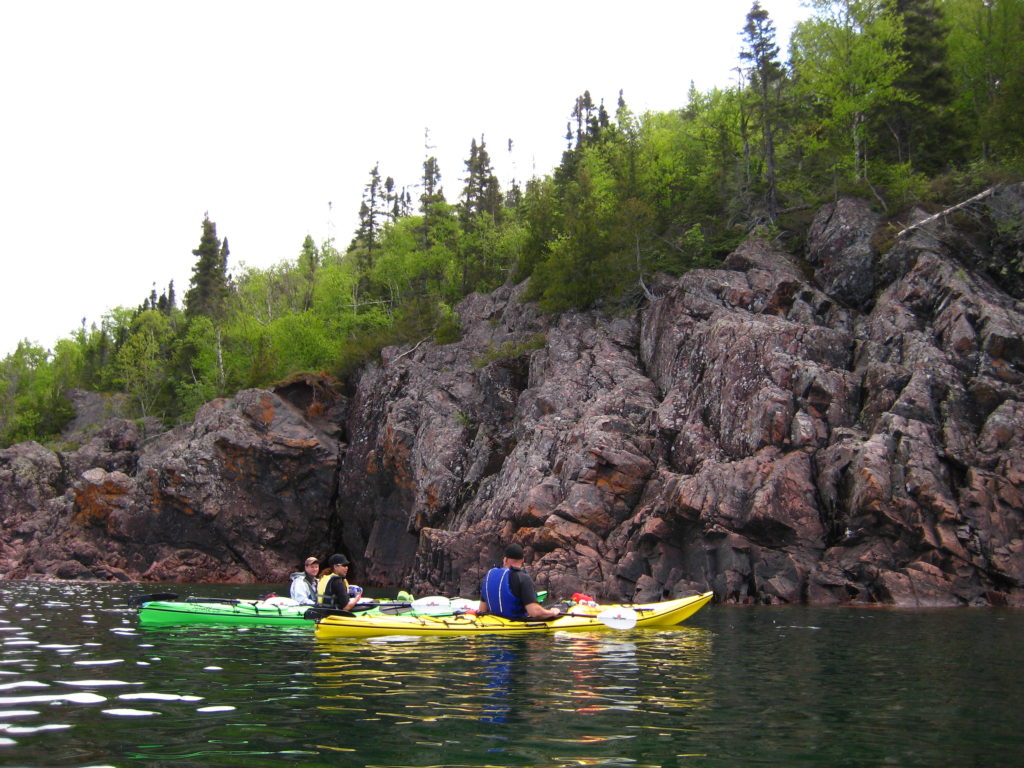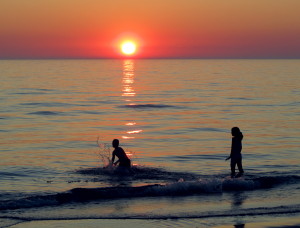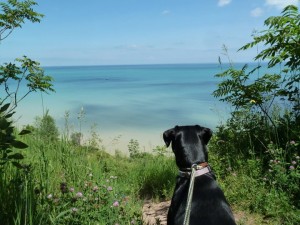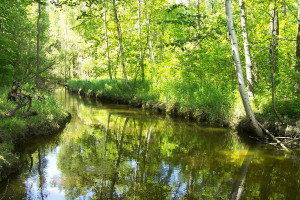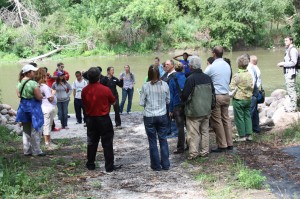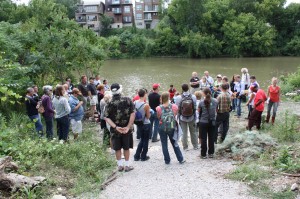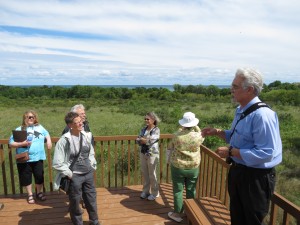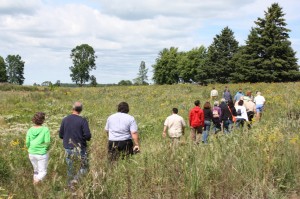State and Federal Land Conservation Programs are at Risk
If ever there was a time for Wisconsin’s land trusts and the conservation community to work together with a common purpose, this is it. Many of our top priorities at the state and federal levels—Wisconsin’s Knowles-Nelson Stewardship Program, the Great Lakes Restoration Initiative, the Land and Water Conservation Fund, and public land ownership—face grave threats, and we need your support and involvement.
State Threats
Lands purchased through the Knowles-Nelson Stewardship Program help protect Wisconsin’s air and water quality, and provide outdoor places that are close to home, where folks go to find peace, recreate, and reap the health benefits associated with such areas. Assembly Bill 338 seeks to reallocate most of that funding to create scholarships for students and purchase low-value lands currently owned by the state.
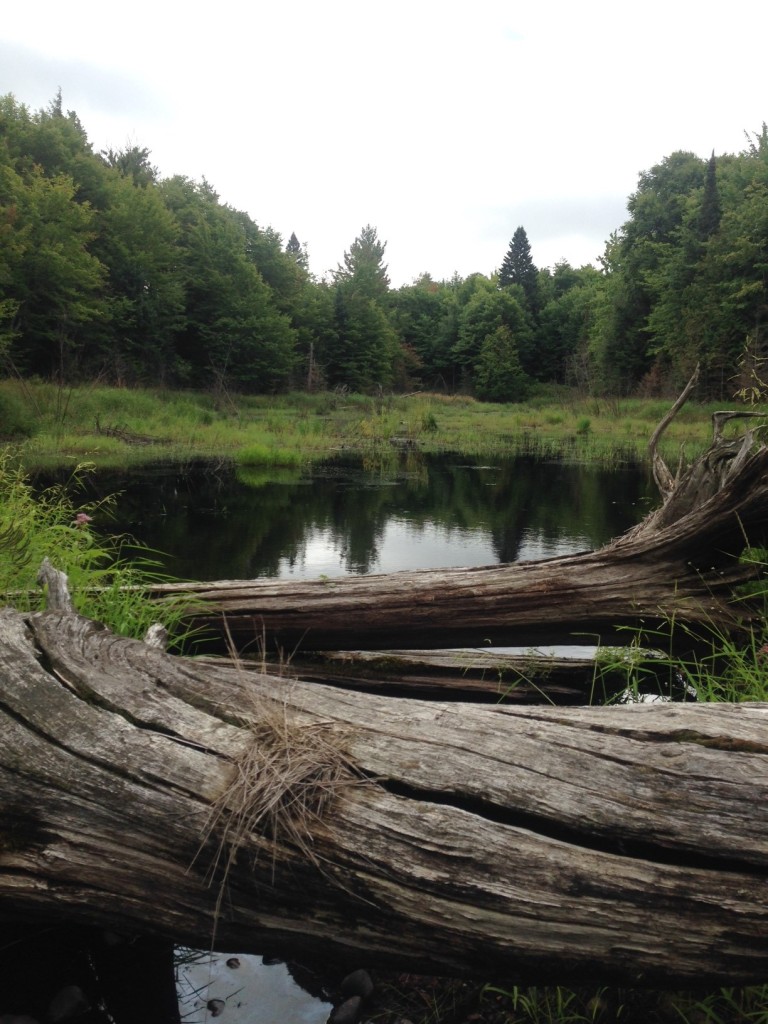
The Knowles-Nelson Stewardship Program helps keep pace with an ever-growing need for public access to undeveloped, natural greenspaces throughout the state-like the one pictured here. Photo by Amy Singh
Federal Threats
The President’s 2018 budget proposal threatens to completely eliminate the Great Lakes Restoration Initiative, which provides critical funds that clean up and reduce pollution, prevent invasive species from ruining our waters, and keep our Great Lakes healthy.
The federal budget proposal also includes severe cuts to the Land & Water Conservation Fund, a program that creates and protects national parks, areas around rivers and lakes, national forests, and national wildlife refuges from development. It also provides matching grants to states for their local parks and recreation projects.
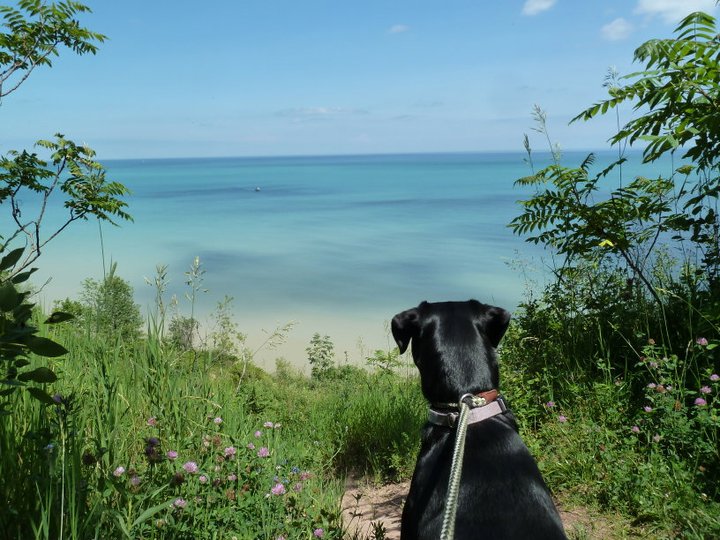
These federal programs protect our nation’s most valuable assets: clean water, air, and the kind of natural landscapes that are so important for our physical and mental well being. Photo by Mindy Petersen.
WHAT YOU CAN DO
Urge Wisconsin legislators to oppose this bill.
Let your state senators and house member know why you care about these important federal programs.
Looking for additional ways to help? Here are 7 ways to help protect your public lands and waters.


